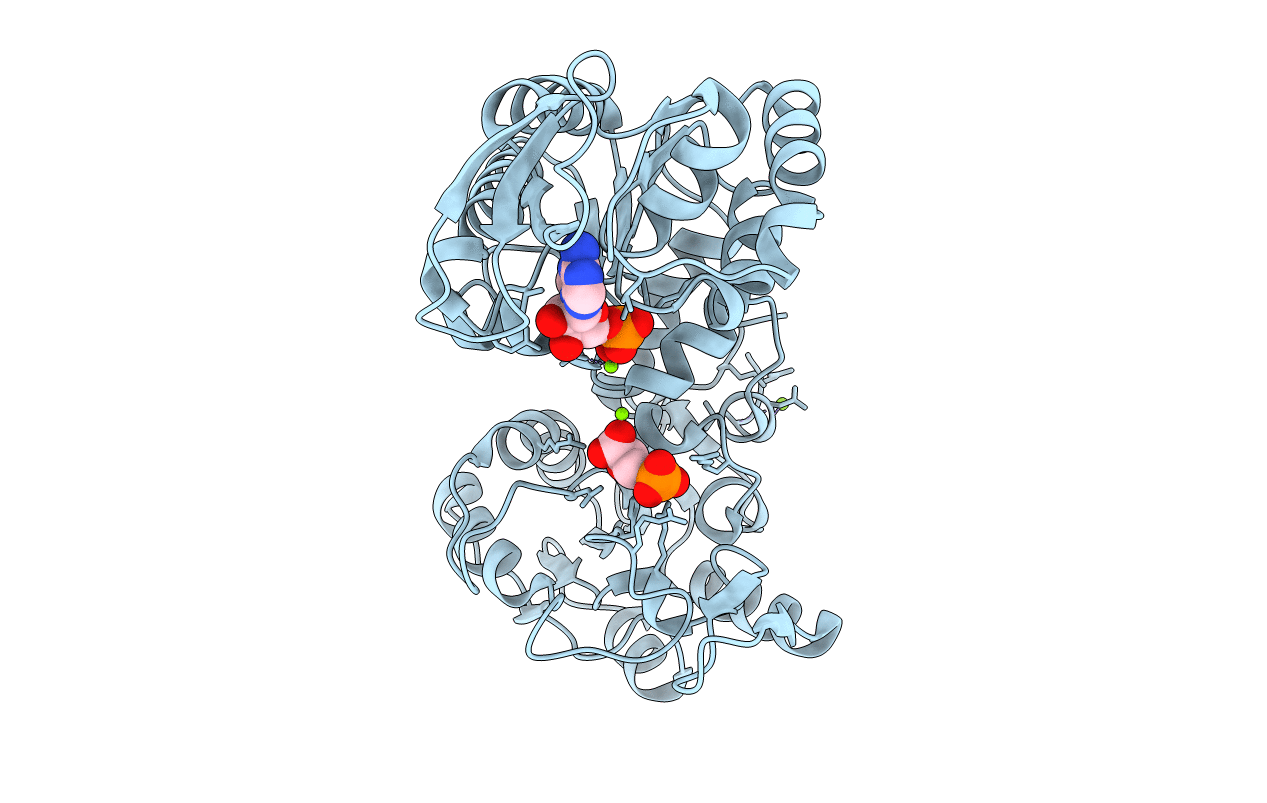
Deposition Date
2016-10-17
Release Date
2017-12-20
Last Version Date
2024-01-17
Entry Detail
PDB ID:
5M3U
Keywords:
Title:
The X-ray structure of human V216F phosphoglycerate kinase 1 mutant
Biological Source:
Source Organism(s):
Homo sapiens (Taxon ID: 9606)
Expression System(s):
Method Details:
Experimental Method:
Resolution:
1.81 Å
R-Value Free:
0.24
R-Value Work:
0.19
R-Value Observed:
0.19
Space Group:
P 1 21 1


